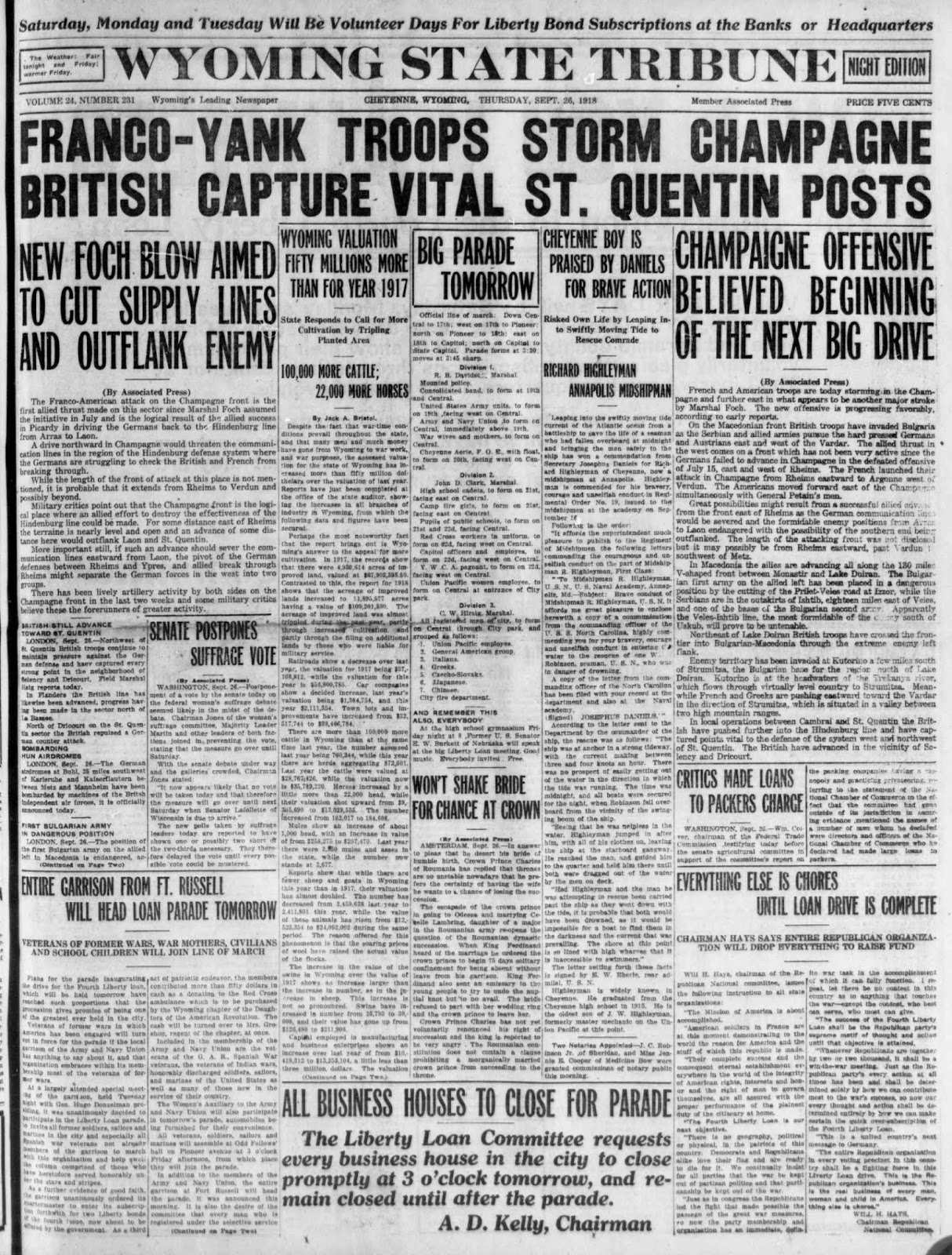On this day in 1918 the U.S. Army launched its most significant, and final, offensive of the Great War. The action would last from this day until the last day of the war.
Troops of the 23d Infantry firing a 37 mm trench gun during the Meuse Argonne Offensive.
The stage had been set for the effort in the argument that Gen. Pershing and Field Marshall Foch had some weeks back, which we earlier detailed here. At that time, Foch had wanted Pershing to abandon the planned assault on St. Mihiel in favor of an attack upon Metz. Pershing had resisted as this would have made the U.S. Army subordinate to a French effort, but he did agree, and indeed developed, an alternative plan which called for a rapid redeployment of US forces in a new direction. That change in direction required the U.S. to redirect its forces at a right angle and cover 60 miles in short order, which was amazingly accomplished. The resulting offensive was massive in scale, involving 1,200,000 men on the US side, including French and Siamese troops, and it remains the costliest battle in American history.
D Day for the offensive started with a massive artillery bombardment which expended more ordnance in three hours than the U.S. had expended during the entire Civil War. The cost of the bombardment amounted to an expenditure of $1,000,000 per minute. The ground assault commenced at 05:30 on this day with the V and III Corps making their objectives but the with those assigned to the 79th and 28th Divisions failing to meet theirs, and the 91st division being compelled to withdraw from Epionville. On the following day, the 27th, most of the 1st Army was stalled, although the 79th did manage to capture its objective of Montfaucon d'Agronne.
On the 29th the Germans committed an additional six divisions and they staged a local counter attack. The 35th Division was so strongly countered that it was effectively destroyed and had to be withdrawn from combat although certainly elements would be redeployed. Adjacent French units also faced stiff opposition but managed to make greater gains, in part due to the terrain.



